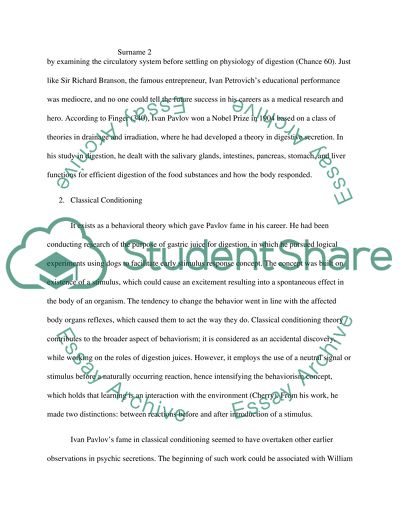Cite this document
(“Ivan Pavlov Essay Example | Topics and Well Written Essays - 1000 words”, n.d.)
Retrieved from https://studentshare.org/psychology/1465179-ivan-pavlov
Retrieved from https://studentshare.org/psychology/1465179-ivan-pavlov
(Ivan Pavlov Essay Example | Topics and Well Written Essays - 1000 Words)
https://studentshare.org/psychology/1465179-ivan-pavlov.
https://studentshare.org/psychology/1465179-ivan-pavlov.
“Ivan Pavlov Essay Example | Topics and Well Written Essays - 1000 Words”, n.d. https://studentshare.org/psychology/1465179-ivan-pavlov.


